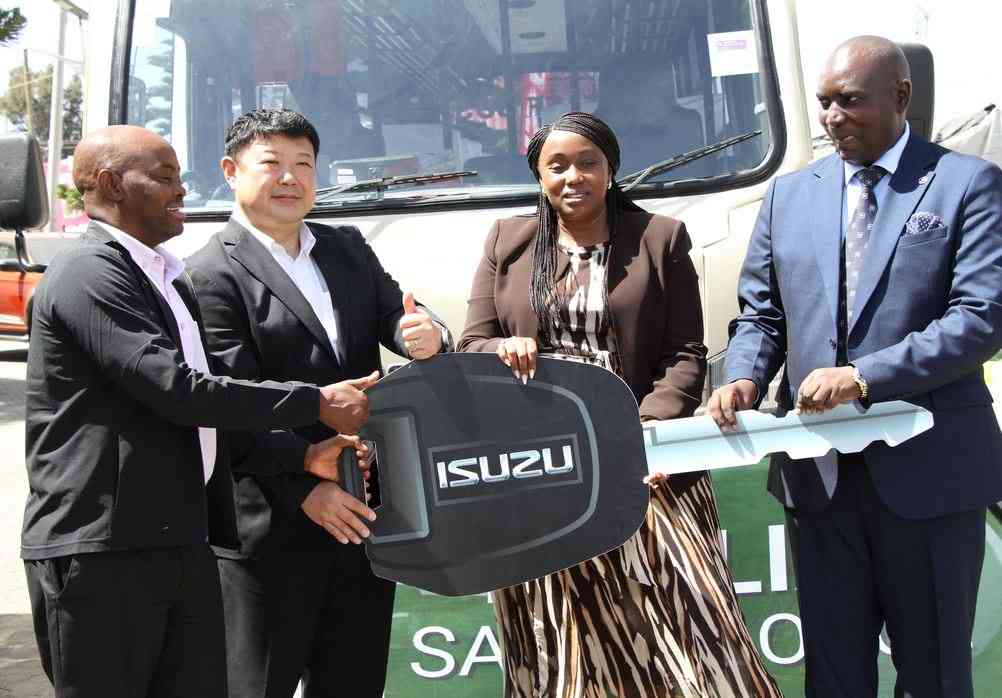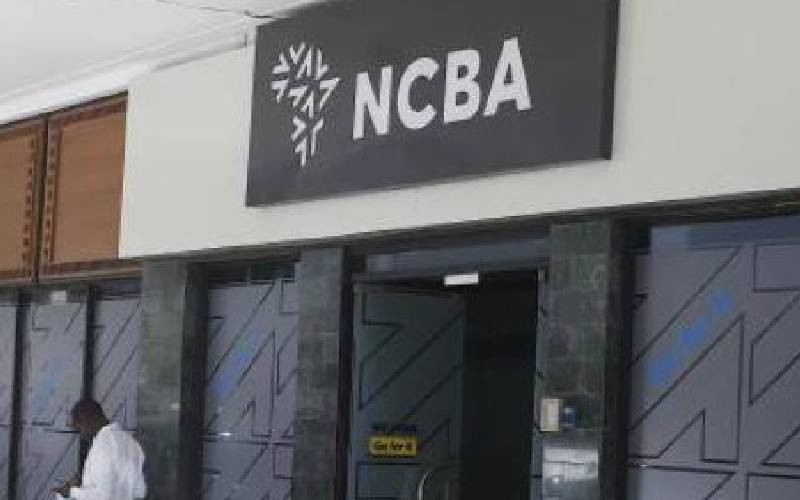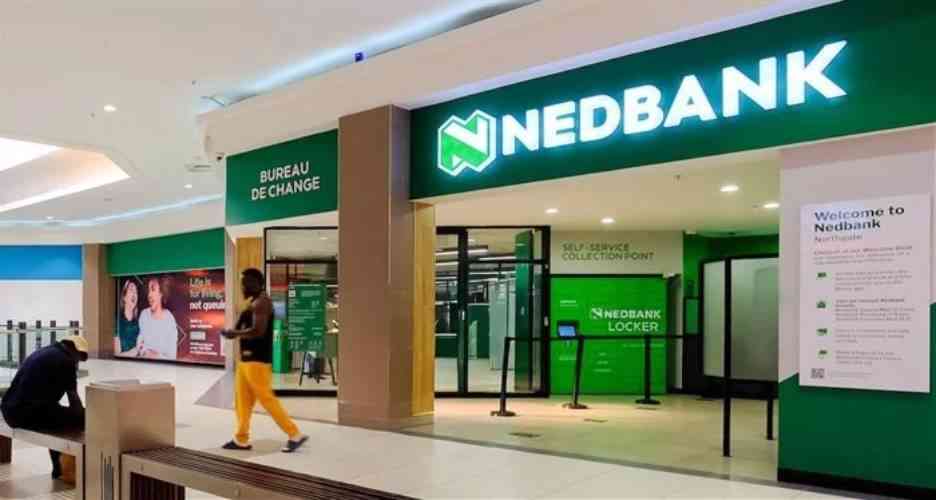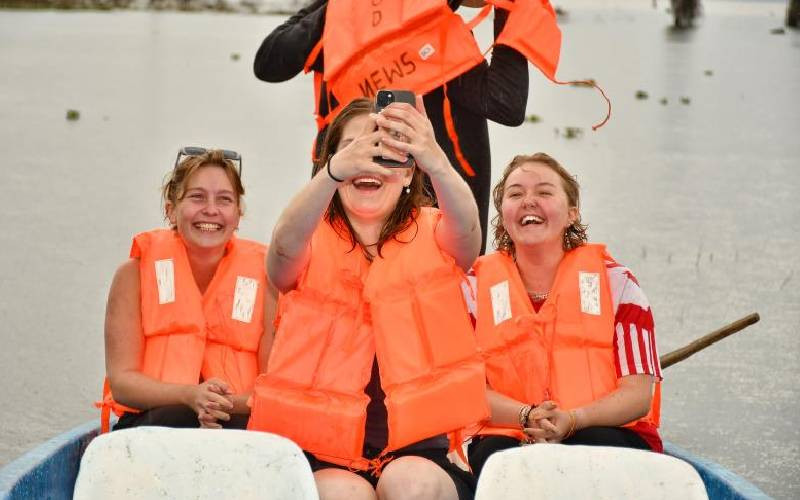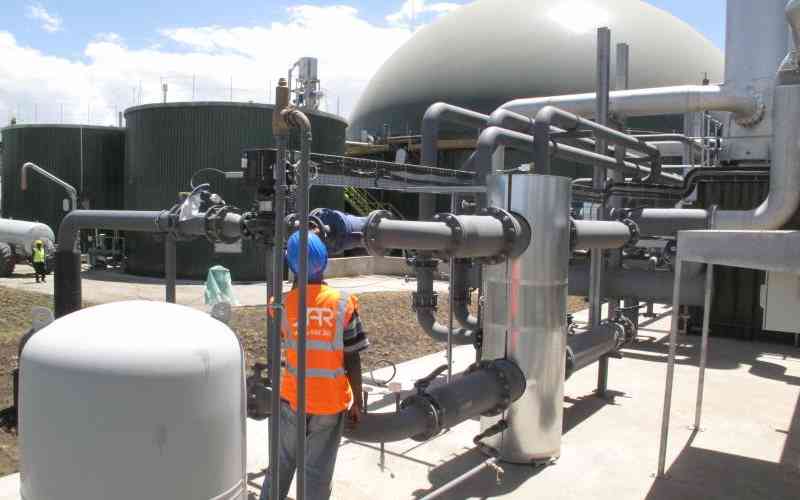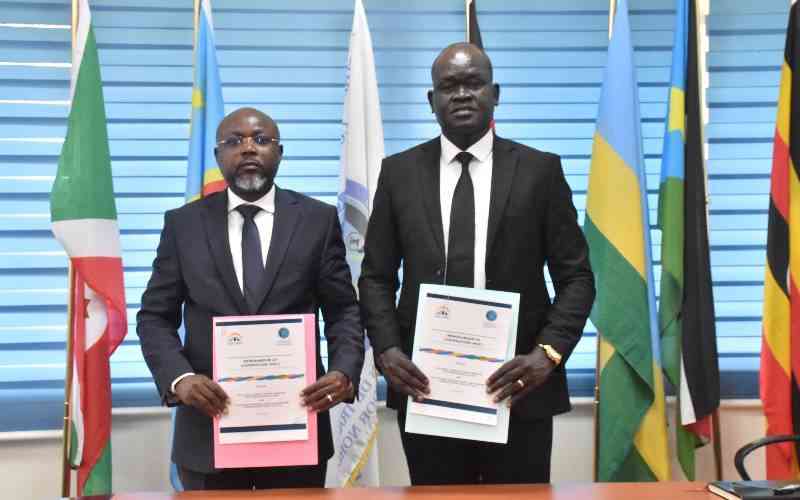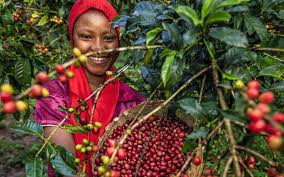×
The Standard e-Paper
Stay Informed, Even Offline

The Kenya Medical Supplies Authority (Kemsa) has rubbished Global Fund's findings that there were irregularities in the procurement of Sh3.7 billion mosquito nets by the agency.
Kemsa CEO Terry Ramadhani defended the alleged bungled procurement tender, as claimed in the Global Fund's audit, and insisted that the authority's technical evaluation report was factual.
